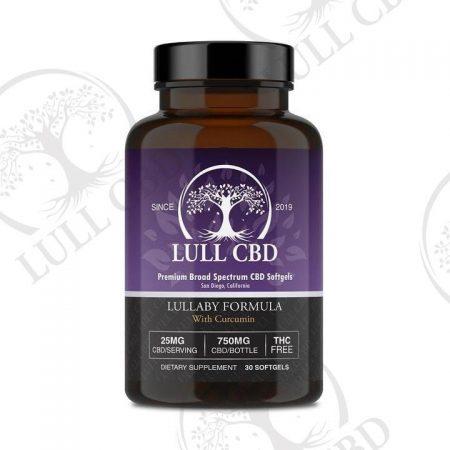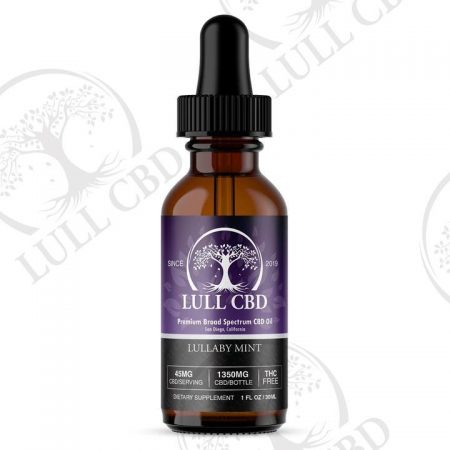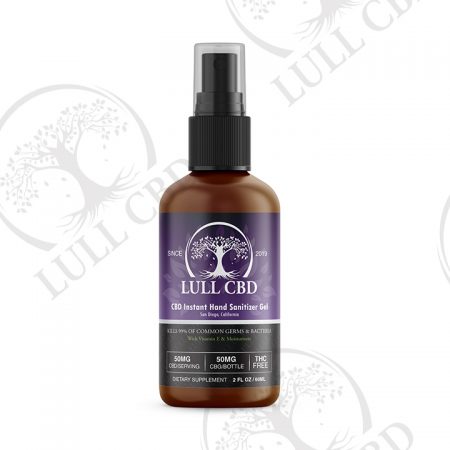- WHAT IS CBD?
CBD (cannabidiol) is a cannabinoid produced by the cannabis family, Cannabaceae, which includes both cannabis (marijuana) and hemp. This flowering plant produces essential compounds called cannabinoids, terpenes, and flavonoids. All these compounds play an integral role in the plant’s health. They protect the plant from the environment, natural predators, and pathogenic microorganisms like fungi, bacteria, and viruses.
Studies have shown that CBD also has a positive effect on the human body. It helps promote normal wellbeing and supports a healthy mind and body.
- HOW DO YOU USE CBD OIL?
The most popular forms of CBD are oil tinctures, soft gels, and topical creams.
To use CBD oil or tincture, place a few drops of CBD under the tongue, letting it remain there for one minute before swallowing. Soft gels are ingested and usually taken with food, while creams are applied on the skin.
- CAN I OVERDOSE ON CBD?
No. CBD, according to studies, has a good safety profile. It doesn’t significantly affect our physiological parameters such as temperature, blood pressure, respiratory rate, and heart rate.
CBD also won’t cause an overdose simply because there are not enough endocannabinoid receptors in the brainstem to activate. This is the brain region that controls our heart and lung functions.
- IS THERE THC IN LULL CBD PRODUCTS?
No. Our Lull CBD products don’t contain any traces of THC. This psychoactive cannabinoid is removed during the extraction process, leaving behind CBD and other essential cannabinoids and terpenes which we use in our products.
So if you’re worried about getting high, don’t! Our products have been tested by a licensed third-party laboratory and have been found free from THC and other impurities.
- WILL LULL CBD SHOW UP ON A DRUG TEST?
No. Lull CBD won’t show up on a drug test. Regular drug test kits only look for THC, specifically a THC metabolite called THC-COOH. These regular drug tests are not sensitive to CBD or its metabolites.
Our products are broad-spectrum CBD, have zero THC content, and won’t show up in a drug test. You may check our products’ laboratory reports on our website.
- WILL CBD GET ME HIGH?
No. CBD won’t get you high. It won’t cause mind-altering effects, nor will it cause addiction. CBD doesn’t bind that well to the cannabinoid receptor type 1. This is the receptor that THC binds to and activates, causing the “high” and psychoactive effects cannabis is known for.
- WHY SHOULD I BUY LULL CBD VERSUS OTHER BRANDS?
Our THC-free CBD products are sourced from organically-grown hemp with less than 0.3% THC content. They have been tested by a licensed third party for potency and purity. Laboratory tests revealed that our products contain accurate cannabinoid concentration. They are also free from any form of contaminants such as pesticides, harmful microorganisms, heavy metals, alcohol, and other toxic residues.
- IS CBD LEGAL?
The 2018 Farm Bill removed CBD from the Schedule I of Controlled Substances Act. So, yes, CBD is now legal under federal law, provided that the product contains less than 0.3% THC.
So in choosing your CBD product, always take a look at the product label and make sure it contains less than 0.3% THC. Reputable CBD providers also show their products’ lab reports on their website.
- HOW LONG DOES CBD STAY IN YOUR SYSTEM?
How long CBD takes effect and stays in the system depends on several factors. These include metabolism, dosage, frequency of use, duration of use, food and medications you’re taking, and methods of administration.
Some people feel CBD effects in as little as 15 minutes or as long as two hours, and the effects can last anywhere from two to six hours. CBD may still be detectable for two days or up to ten days after the last use in some cases.
- ARE THERE ANY KNOWN SIDE EFFECTS WITH CBD?
CBD also produces some side effects. But these are usually mild and well-tolerated by users. Some of the side effects include lightheadedness, mouth dryness, and drowsiness. Some users also report loss of appetite. These typically go away though once your body gets used to CBD.
CBD also has the ability to interact with other medications. So before taking CBD, we recommend that you consult with your primary care physician first.
Of note, CBD affects people differently. The effects depend on one’s metabolism, body type, CBD dosage, CBD administration, health problems, and medications. Some may feel immediate effect on a certain dose, but this doesn’t mean that the same dose will work for another person.












